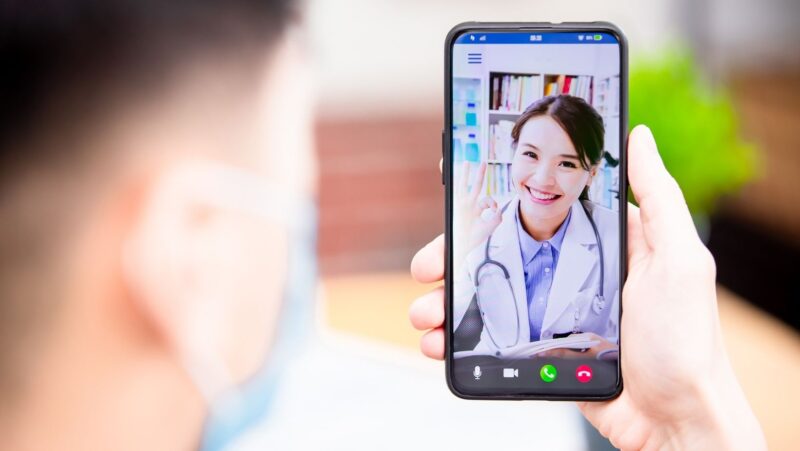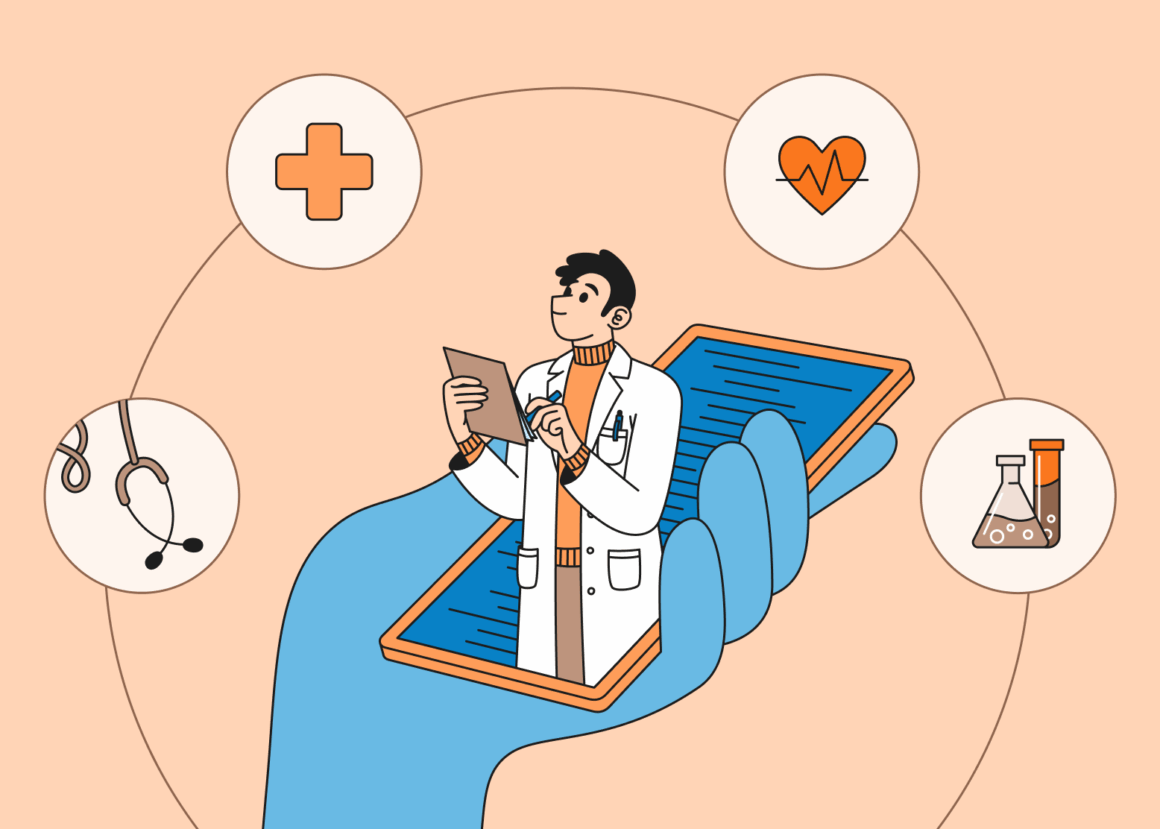The Rise of Virtual Menopause Care
Once considered a taboo subject, menopause has moved into mainstream health discussions, particularly in Florida, where the population skews older and increasingly health-conscious. In this context, the expansion of telemedicine has unlocked transformative possibilities for women navigating midlife hormonal shifts. Today, access to Hormone Replacement Therapy in Florida is being redefined by convenience, science-backed protocols, and an understanding of how technology bridges critical care gaps.
For years, women seeking hormonal care had to endure long wait times, drive extensive distances, or settle for general practitioners unfamiliar with the intricacies of menopause. That’s changing. Telehealth platforms now offer personalized hormone consultations from licensed specialists, often without needing in-person visits. The streamlined process empowers women to take control of their treatment with minimal disruption to their daily routines.
Digital Tools, Real Health Outcomes
Telemedicine’s blend of accessibility and customization makes it especially effective in menopause care. Unlike cookie-cutter solutions, many platforms now allow for in-depth virtual assessments, lab testing ordered to the patient’s location, and treatment plans tailored to symptoms such as hot flashes, mood instability, insomnia, and low libido.
This is especially valuable in states like Florida, where retirees, seasonal residents, and working professionals seek continuity of care regardless of their zip code. Hormone Replacement Therapy in Florida has become more adaptable thanks to video consultations, automated prescription deliveries, and ongoing symptom tracking.
Telemedicine expands geographic access and fosters a more private, stigma-free experience. For many women, discussing menopausal symptoms in person can feel uncomfortable or even embarrassing. Virtual care offers a secure environment that supports honest dialogue and long-term follow-through.
The Clinical Edge of Telehealth in Florida

Telemedicine’s success hinges on its ability to deliver quality outcomes; recent clinical trends support this momentum. Digital hormone clinics employ licensed physicians, nurse practitioners, and endocrinologists specializing in menopause care. The treatments being offered aren’t generic. Instead, they involve personalized dosages, monitored progress, and targeted use of bioidentical hormones that mirror the body’s molecular structure.
Florida’s medical ecosystem is rapidly adapting to this model. From urban centers like Miami to rural coastal towns, patients can access vetted providers and science-backed care without the traditional red tape. This is not only efficient but also relieves pressure on overwhelmed healthcare systems.
Hormone Replacement Therapy in Florida is evolving from a once-fringe option to a normalized part of wellness for aging women. With the integration of telehealth, more individuals are accessing hormone care earlier in the symptom cycle, leading to better long-term results in bone health, mental clarity, cardiovascular resilience, and sexual well-being.
The future of menopause care is not only more accessible. It is more intelligent, individualized, and inclusive than ever before. Alongside hormone therapy, conversations around female libido medication reflect how care is expanding to address the full spectrum of women’s health needs

